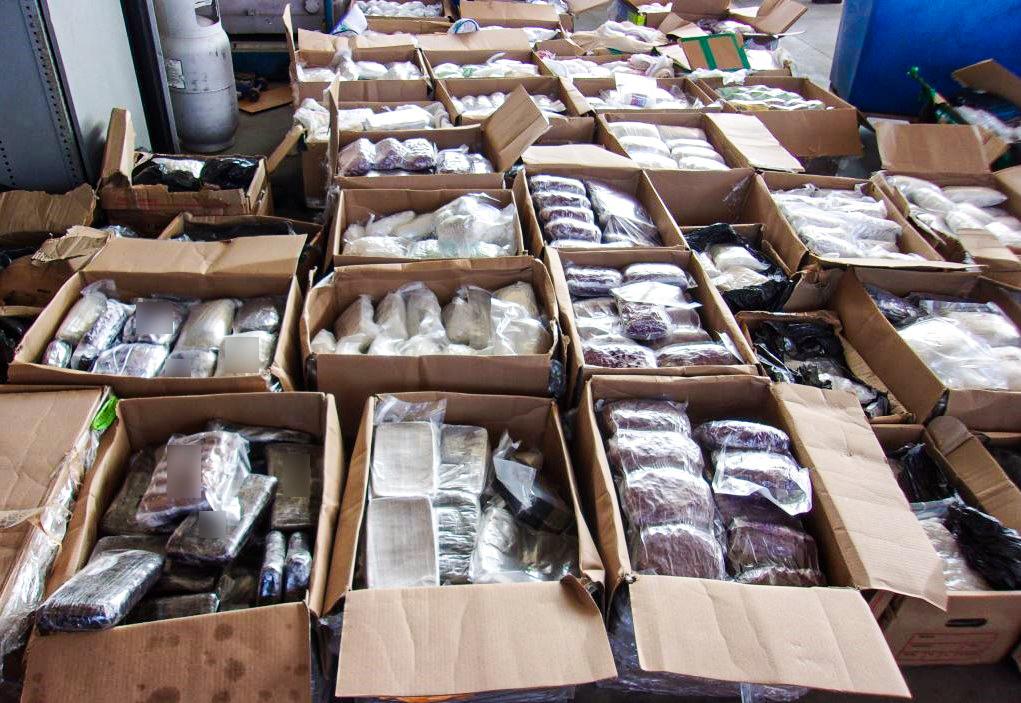Mexican cartels are pushing illegal immigrants across the border in orchestrated surges to distract law enforcement from drug-smuggling operations targeting other sections of the border, contributing to the corresponding wave of deaths related to fentanyl poisoning, a 25-year U.S. Border Patrol agent and a Texas sheriff told congressional lawmakers.
“Each and every day along the entirety of our southwest border, criminal cartels dictate when, where, and how illegal border crossers enter our country,” National Border Patrol Council President Brandon Judd, who represents 16,000 U.S. Border Patrol agents and support staff, said during testimony before members of the Oversight & Investigations subcommittees of both the House Energy & Commerce and Health committees on Feb. 15.





